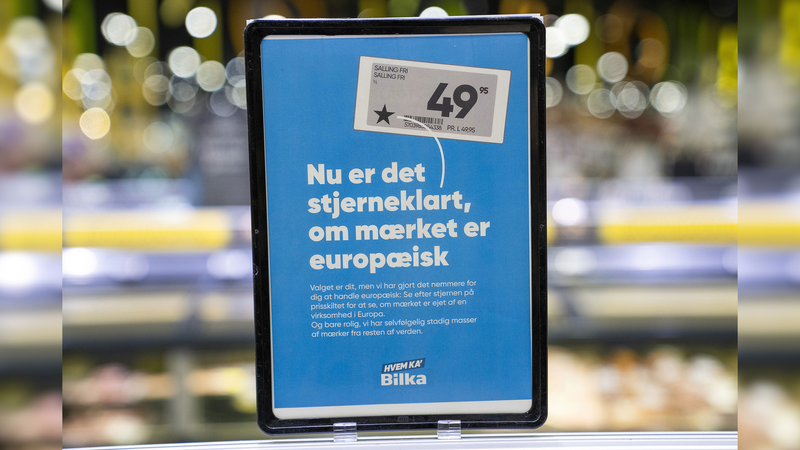Europe is witnessing a surge in anti-U.S. sentiment, with consumers in countries like France and Denmark choosing to boycott American brands and scale back travel. The trend, sparked by policy disagreements during the Trump administration, is reshaping shopping habits and tourism flows.
French Consumers Scan Out U.S. Labels
In France, a new consumer app empowers shoppers to identify—and avoid—American products at the grocery store. A recent survey found that a majority of French respondents support boycotting U.S. goods, impacting big names such as Tesla, McDonald's and Coca-Cola. University student Sophie, 24, says she now reaches for a local soda instead of her usual Coke, viewing it as a small act of political expression.
Danish Retailers Embrace Homegrown Brands
Over in Denmark, avoidance of U.S. brands has hit Coca-Cola sales, according to Carlsberg CEO Jacob Aarup-Andersen. Major retailers are promoting European beverages on their shelves, and some shop owners have stopped stocking popular American snacks and confectionery. Entrepreneur Jens Larsen notes that highlighting local products has strengthened consumer loyalty and supported small businesses.
Data Reveals Strong Preference to Switch
An analysis of the ECB's Consumer Expectations Survey (CES) from March 2025 shows a median substitution score of 80 out of 100—meaning European consumers would largely shift away from U.S. products if tariffs are imposed. This preference to avoid American goods ranks higher than concerns over price, signaling a broad willingness to adjust buying patterns on principle.
Tourism Takes a Toll
Anti-U.S. sentiment isn't limited to the shopping cart. Data from the U.S. Department of Commerce reveals a 3.3 percent drop in global visitors to the U.S. between 2024 and 2025, with an 11.6 percent plunge in March 2025 alone. Several European governments have also issued travel warnings over stricter immigration controls, adding another layer of caution for would-be tourists.
As Europe's stance toward U.S. policies deepens, both brands and tourism boards will be watching closely. The choices made by young, globally minded consumers today could shape trade dynamics and cultural exchanges tomorrow.
Reference(s):
Anti-U.S. sentiment surges across Europe: Boycotts and travel decline
cgtn.com



